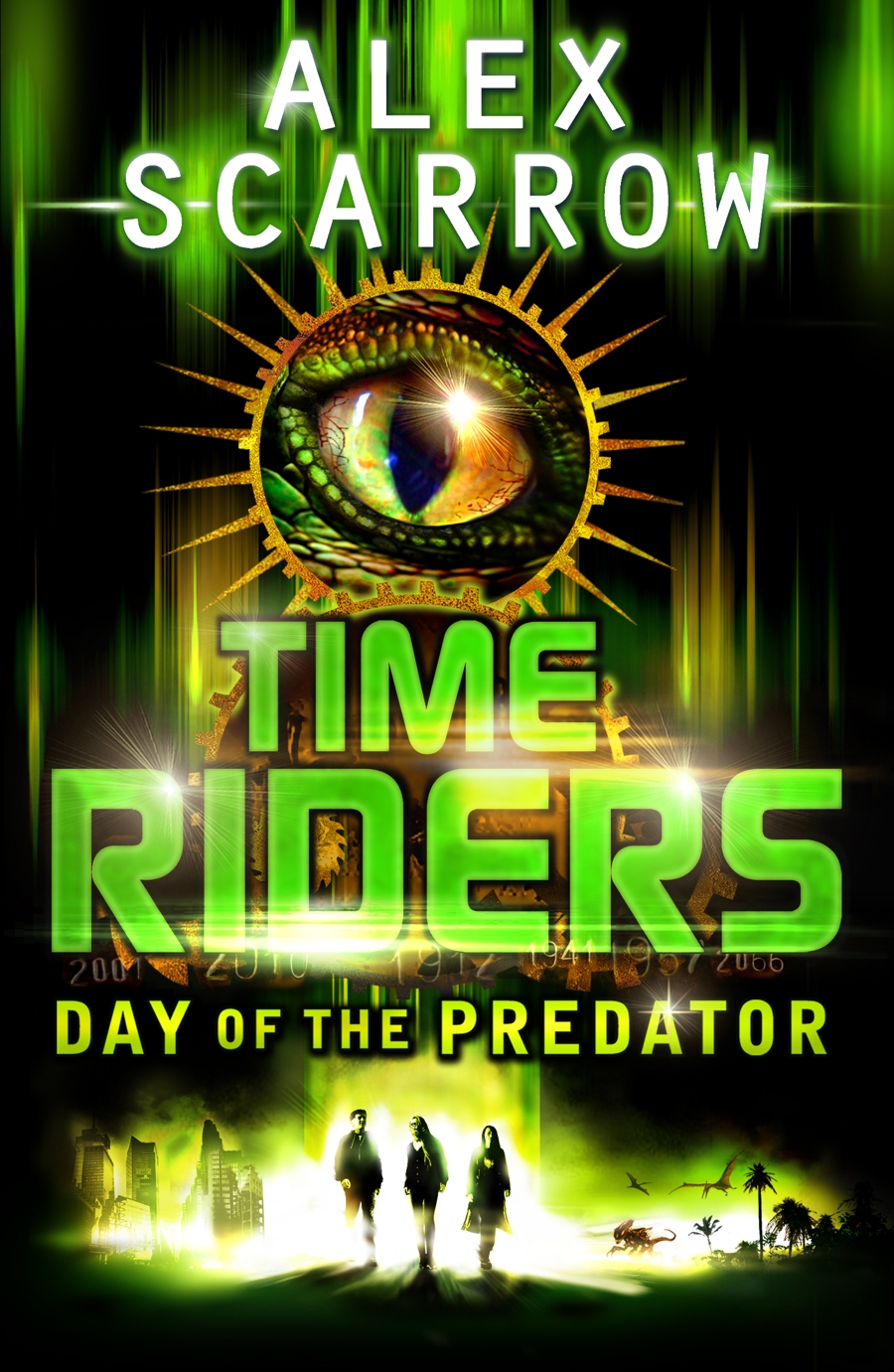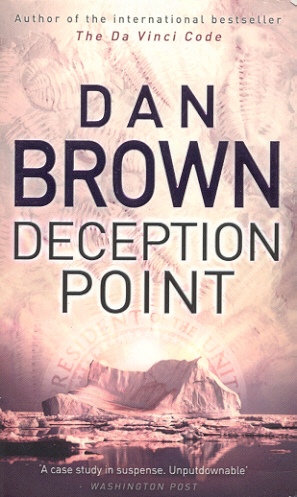 Sometimes, a nice light read as a break from something heavier can work wonders. This was only about four hundred and fifty pages, I think, the text was large, and the themes simple; at the time I was trying to plow through this mammoth of a book series that unfortunate fans know as The Wheel of Time, so this book was a relief, of sorts.
Sometimes, a nice light read as a break from something heavier can work wonders. This was only about four hundred and fifty pages, I think, the text was large, and the themes simple; at the time I was trying to plow through this mammoth of a book series that unfortunate fans know as The Wheel of Time, so this book was a relief, of sorts.I read the first in the series a few years ago. The vibe the series gives off is less science fiction than a set of fast-paced action novels; rather than exploring in detail an aspect of technology that could bring hope and trouble to a futuristic world, the technology- of time travel- is more of a setting, a setting for the dangerous and desperate adventures the three agency recruits journey through, particularly Liam, as they jump back and forth through time putting history right when it's pushed from its original course by the use of time travel. Perhaps it does set the Time Riders series firmly in the children and young teenage fiction section; I think I've grown out of this kind of story somewhat- a few years since, I thought the first book was utterly riveting- but the plots are still suspenseful and exciting and the characters intensely likable, leading the reader to share their ups and downs.
Perhaps it's because nothing truly new was introduced in this, only a different undertaking through history and an extension of what the first book begun, but I think this book has lost some of the original's sparkle, as is often the case with adventure series like these. There are plot holes, as there almost always are with this sort of story, but the background and the development of the fictional world and the technology that shapes the story is appealing and engaging, if not overwhelmingly convincing. The intended readership age is a little queer to try and perceive; clearly, the story was designed for younger readers, but I get a vague feeling that Scarrow is maturing as an author: not yet delivering the complex themes and intrigue of adult literature, but there are some elements that don't quite belong, somehow. Perhaps the next six-something books show a continuation of this budding trend; I wouldn't know.
All in all, the prose isn't seamless, the development isn't perfect, but I think it would be a wonderful and engaging series for someone a little younger than I am now. As for me, I think I've outgrown these books by now, which is something of a shame considering I only ever read two of them, but I would definitely still recommend them. Great reads.






